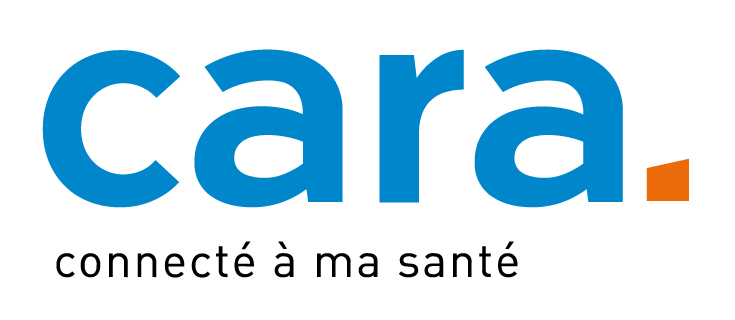- Get ready for the consultation
- Keep a log of your progress
- Evaluate your relationship with your doctor
- Need an interpreter ?
Get ready for the consultation
To help your doctor to look after you better, it is worth preparing certain information.
- Choose how you wish to approach the consultation.
- If the problems are serious, ask for more time.
- Make a note of your questions and fears and raise them with the doctor.
- Before going to the appointment, ask yourself a few questions so that you are clear about them during the conversation. Examples are:
- What changes have there been since last time?
- Is the medicine working?
- Are you experiencing side effects?
- What impact is the illness having on your daily life?
- Be precise. Instead of “I often sleep badly”, say how long you take to fall asleep and assess the length of your sleep. Instead of “it hurts”, specify the duration, intensity and location of the pain.
- Assess your needs for material and/or psychological support.
- If this is your second consultation after diagnosis of a serious illness, take the time to list what you have understood and what is still unclear to you.
- Remember the main points from your medical file. This will prove useful when you are dealing with several specialists, all asking the same questions. This often happens on admission to hospital.
Keep a log of your progress
A log of this kind records the data about your health. What information should it contain?
- Your personal details.
- Details of your treating doctor and the main persons involved.
- A list of the medicines you are taking.
- A list of counterindications, if any.
- A list of your allergies, if any.
- The medical treatment you have received (diagnoses, dates of operations, start of new medicines etc.).
- Your doctors’ observations.
- Your personal comments.
You are free to create your own log. The domiciliary support institution Imad offers a health log (or ‘green booklet’) for domiciliary care. The nurses in attendance at your home can obtain a log for you to complete yourself.
The Geneva League Against Rheumatism (Ligue Genevoise contre le Rhumatisme) also offers a log for rheumatoid arthritis. The same type of record exists for diabetes and asthma (see List of resources).
Evaluate your relationship with your doctor
Here are some criteria to help you evaluate the attention your doctor pays to your relationship.
- Your doctor opens the consultation with a welcome, sets you at your ease and shows-concern about your health and wellbeing.
- The doctor explains what he/she is planning on doing and asks if you agree.
- The doctor is interested in the impact of your medical problem on your private, social and professional life.
- He/she questions you about your expectations and beliefs relating to your illness.
- The doctor asks you if you have any worries other than those which prompted the consultation.
- He/she can recognize how you are feeling (“I can see how difficult this is for you”) and backs you up (“It’s normal to react like that in your situation.”).
- The doctor uses comprehensible language.
- He/she checks that you understand the issues involved in your treatment.
- Towards the end of the conversation, he/she summarises what has been said, explains the planned follow-up, checks that this is OK with you, and asks if you have any other questions.
- At the end of the consultation, the doctor is able to reconnect you with your "non-patient’" life (e.g. “enjoy your week in the mountains!”).
Need an interpreter?
Linguistic and cultural differences can prove barriers to communication. The following tips can save you misunderstandings.
- Using gestures to express yourself is risky, because a gesture may differ in meaning from one culture to another.
- In an emergency, it is always possible to ask a relative or a member of the hospital staff to assist. But this solution soon becomes awkward when intimate details are involved.
- Circumstances permitting, it is always preferable to use the services of a professional interpreter. This is the only way to make due allowance for the patient’s social and cultural background.
- A good interpreter is a third party who becomes integral to the relationship. The doctor continues to address the patient, in order not to interrupt the dialogue.
- Do not hesitate to request the assistance of an interpreter. Whatever your language the care team can call on people specifically trained to work in bilingual medical consultations. Sign language professionals can also ensure quality when working with deaf patients and their doctor.
